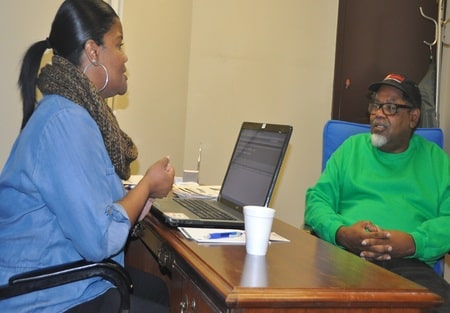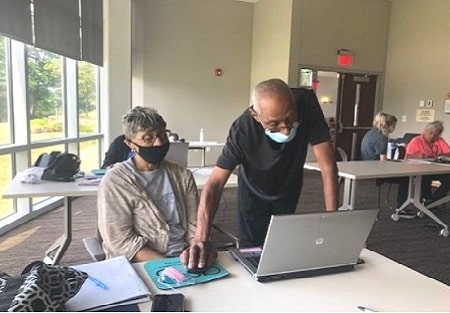Financial Wellness
Resources

Can You Actually Buy Happiness? Reflections on Emotional Spending
Have you ever felt down and out – and then headed to the mall? Have you ever felt overwhelmed, angry, or isolated – and then cheered up with a purchase on eBay? Do you use shopping as a way to celebrate an accomplishment or recover from a disappointment? Have you ever subscribed to the idea that shopping is a stress-relieving therapy and even cheaper than a visit with a psychiatrist? If so, did shopping in those moments actually make you feel better in the long run?
Read More
Budgeting Tips for Older Adults
We all know how important it is to save money, but sometimes that’s easier said than done. Everywhere we go, there are different demands on our wallet, from weekly grocery trips to exciting new films at the movie theater to self-care treats at the hair salon. Add those expenses to monthly bills, medication costs and gas fill-ups, and it’s no wonder our wallets can end up stretched thin.
Read More
Helping a Loved One Maintain Good Credit
While it’s important for all of us, at any age, to keep our finances in good condition, issues of credit card debt are growing among older adults. If we are caring for a loved one struggling with debt and maintaining good credit, it is important for us to understand credit scoring and how to help a loved one improve their credit so they can better manage debt.
Read More
Recognizing the Signs of Financial Abuse
It is important for all of us to know the signs of financial exploitation so we can help prevent this from happening to our loved ones, such as our parents, grandparents, aunts, uncles or dear friends. There are several warning signs to look for and then to question further.
Read More
Reducing the Financial Fatigue of Caregiving
There are many rewards of caring for a loved one, but caregiving can also come at a cost. According to several studies, the average female caregiver loses more than $324,000 during their lifetime in wages, pensions and Social Security benefits, due to their caregiving responsibilities.
Read More







